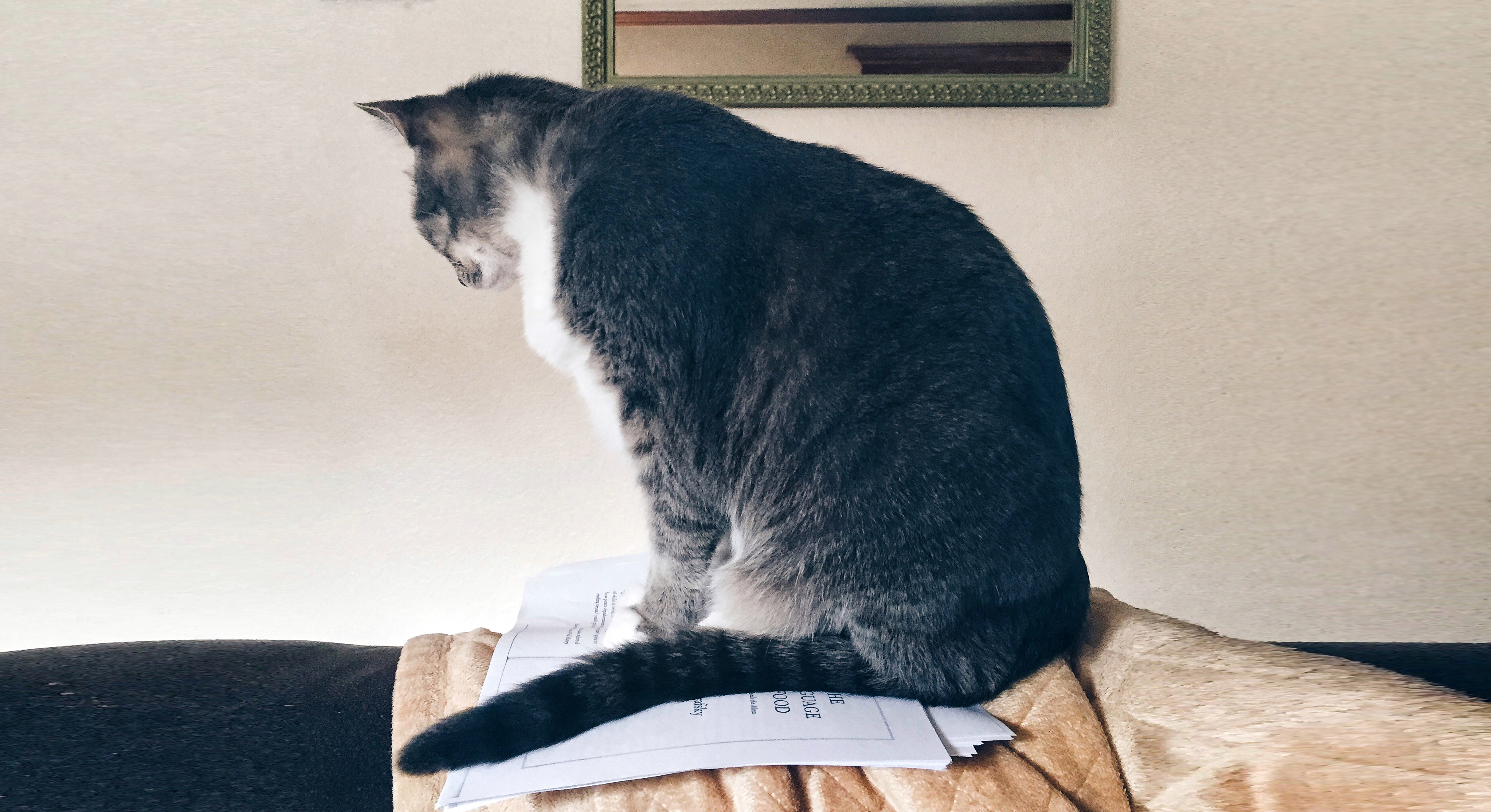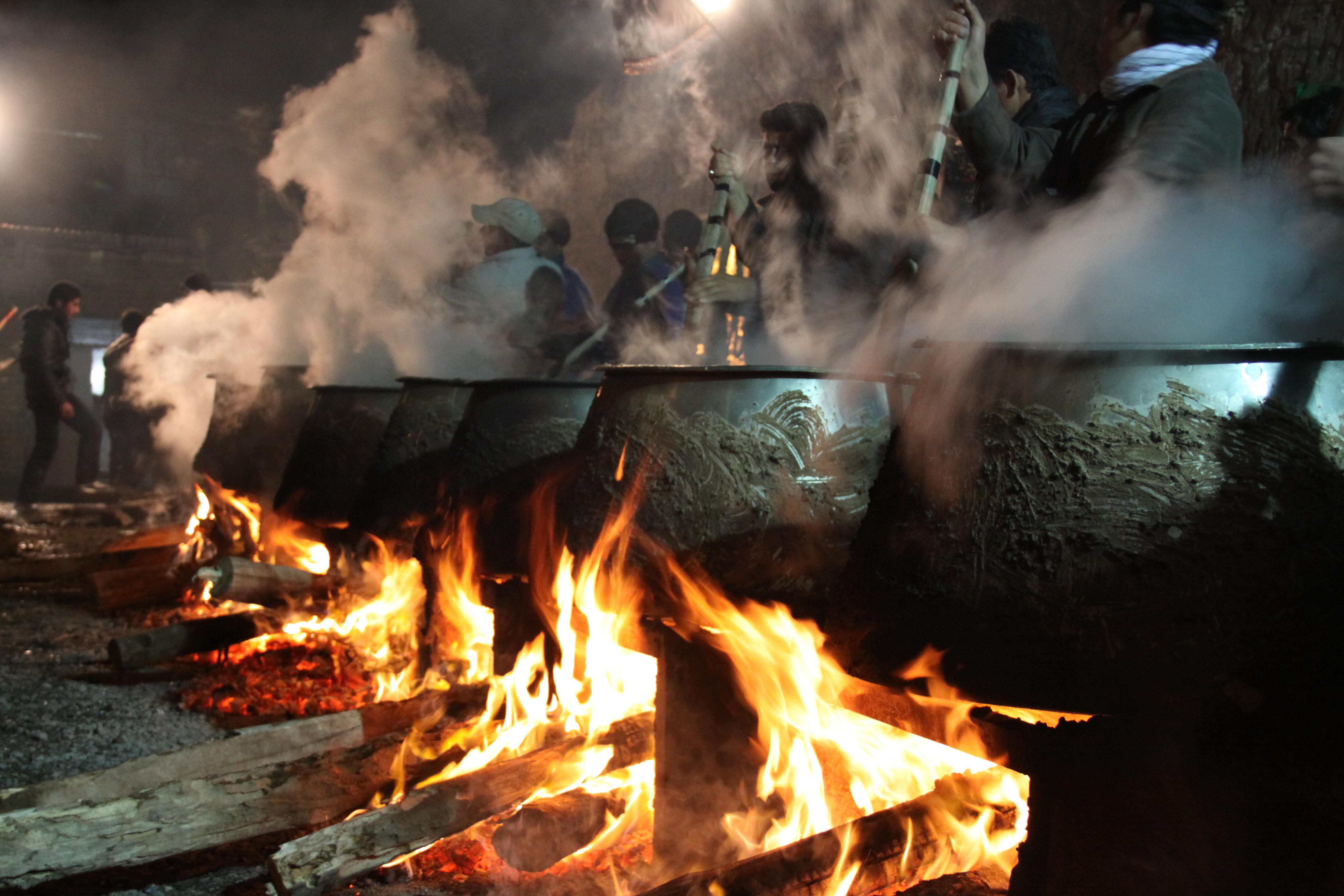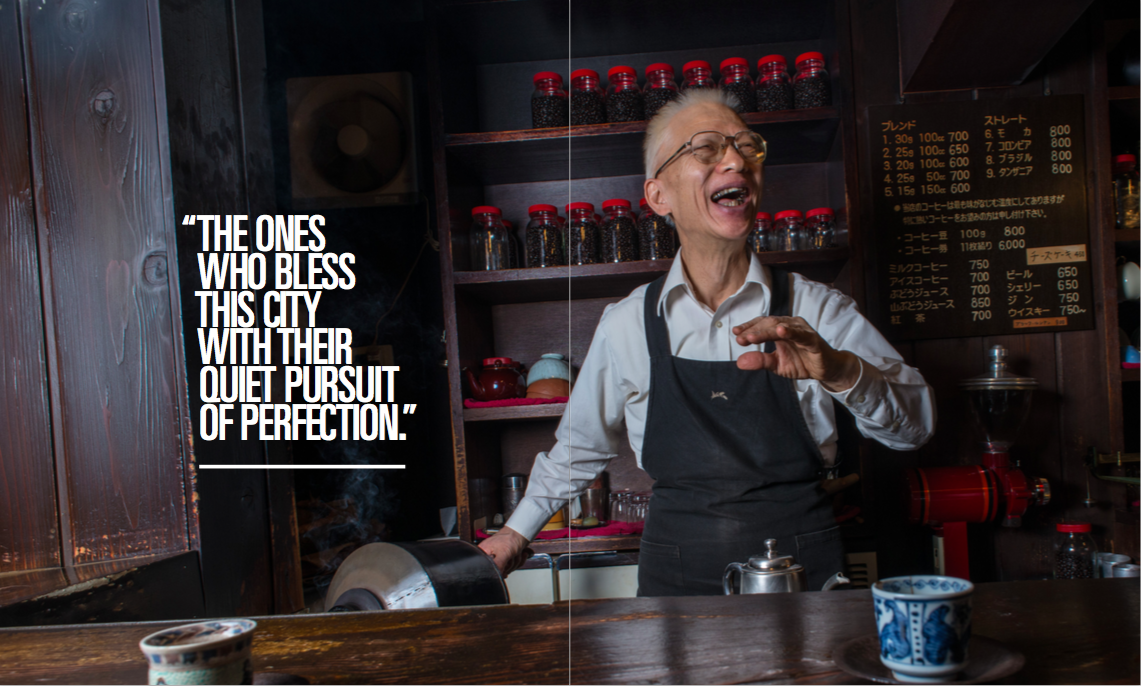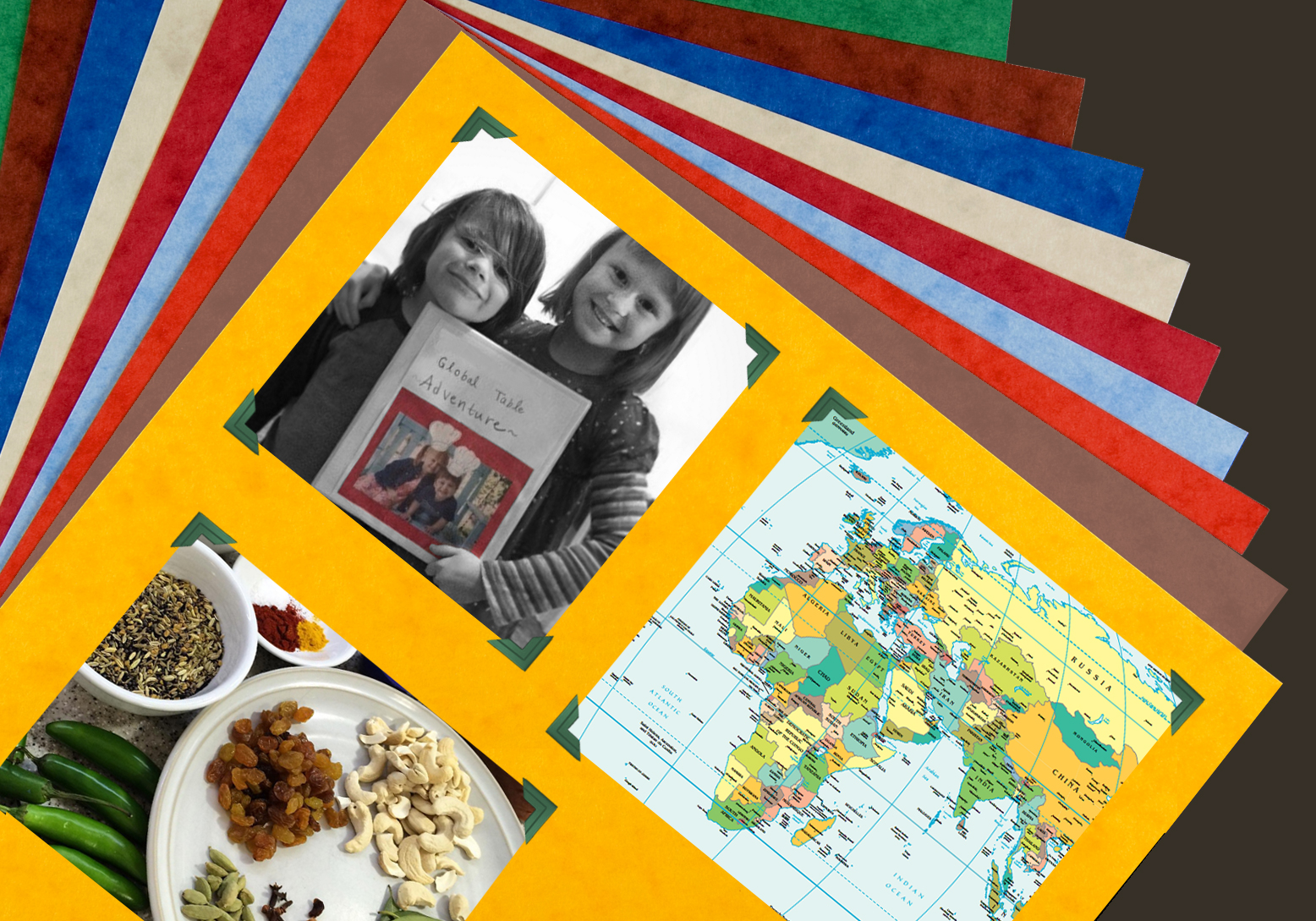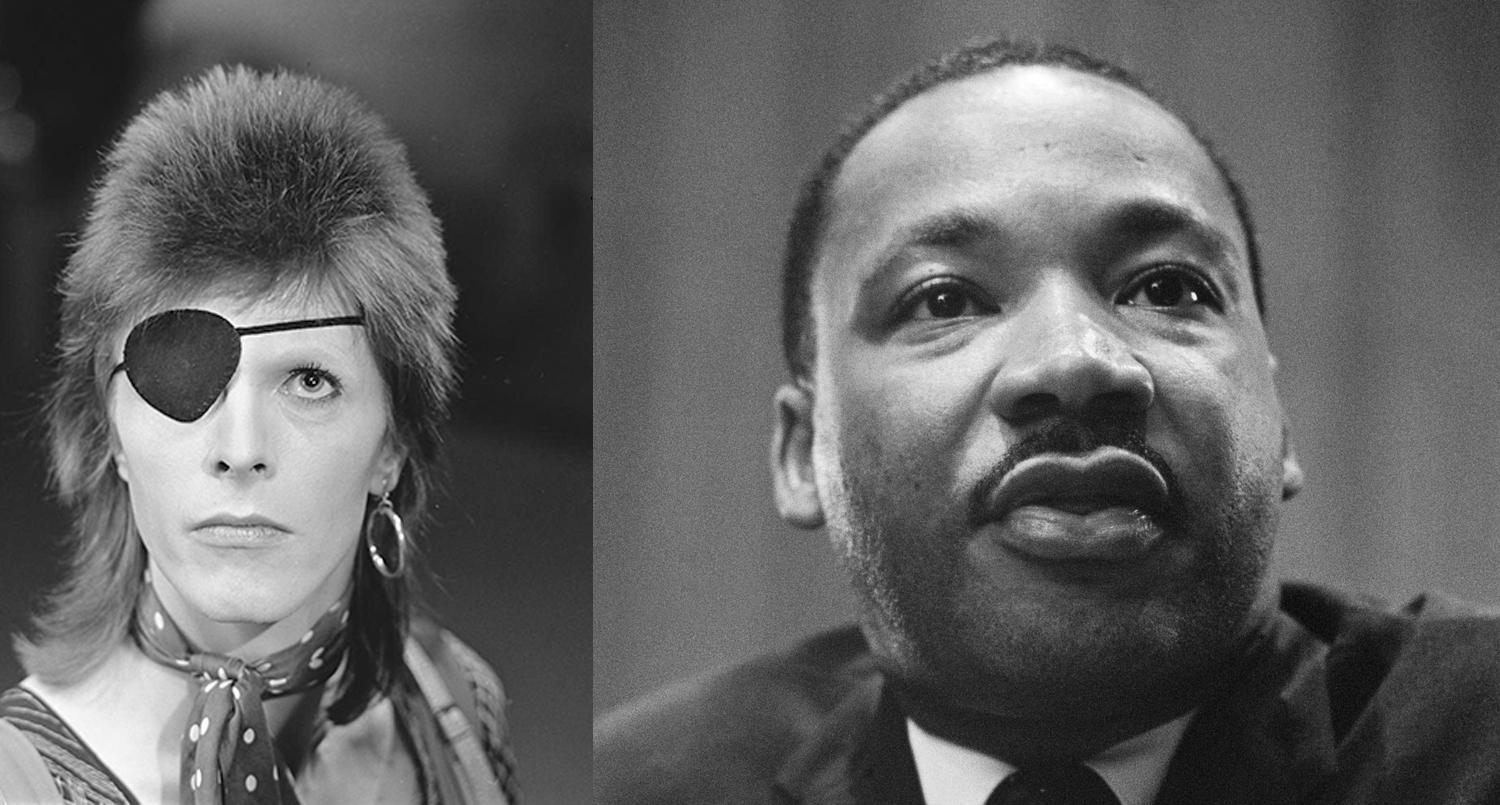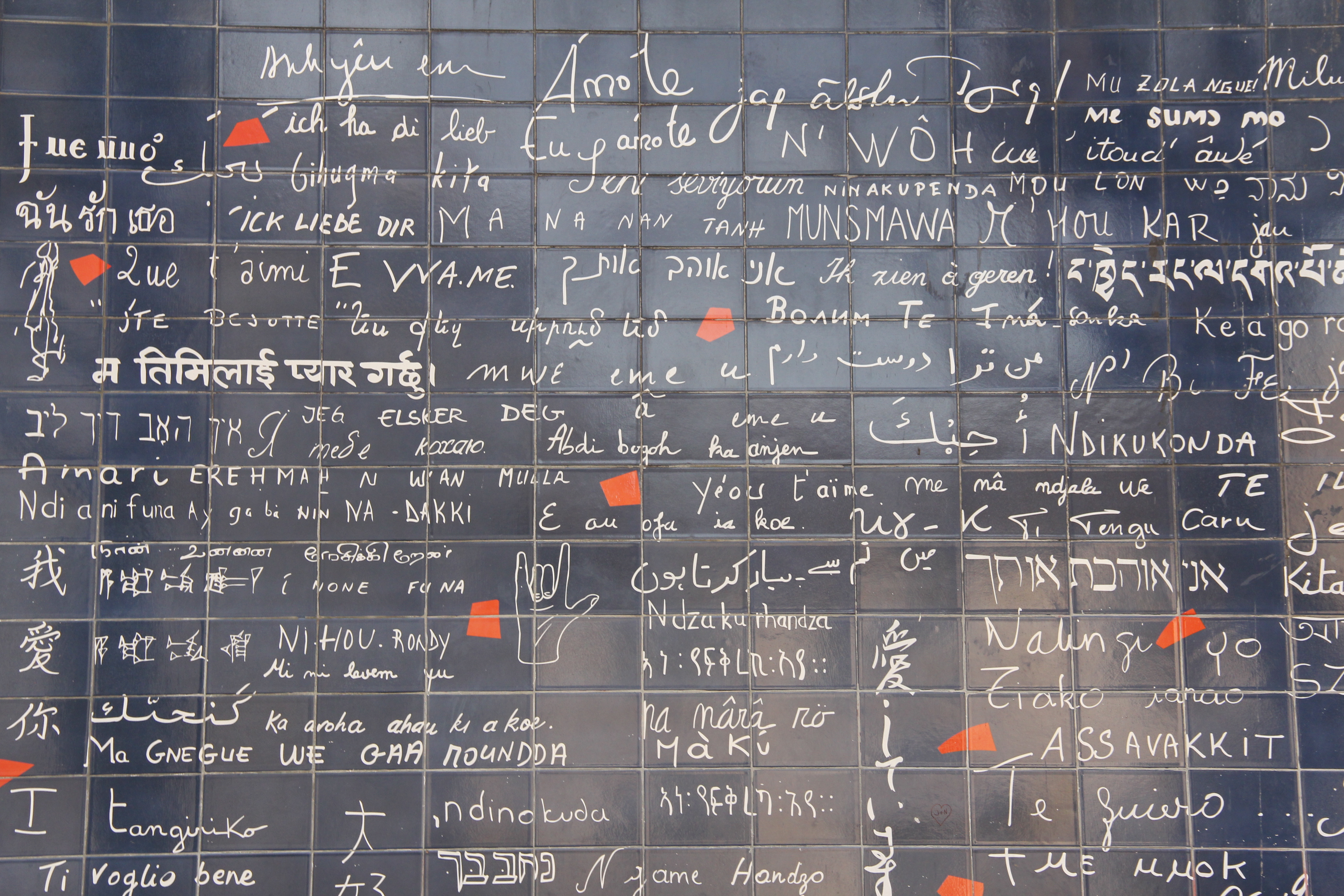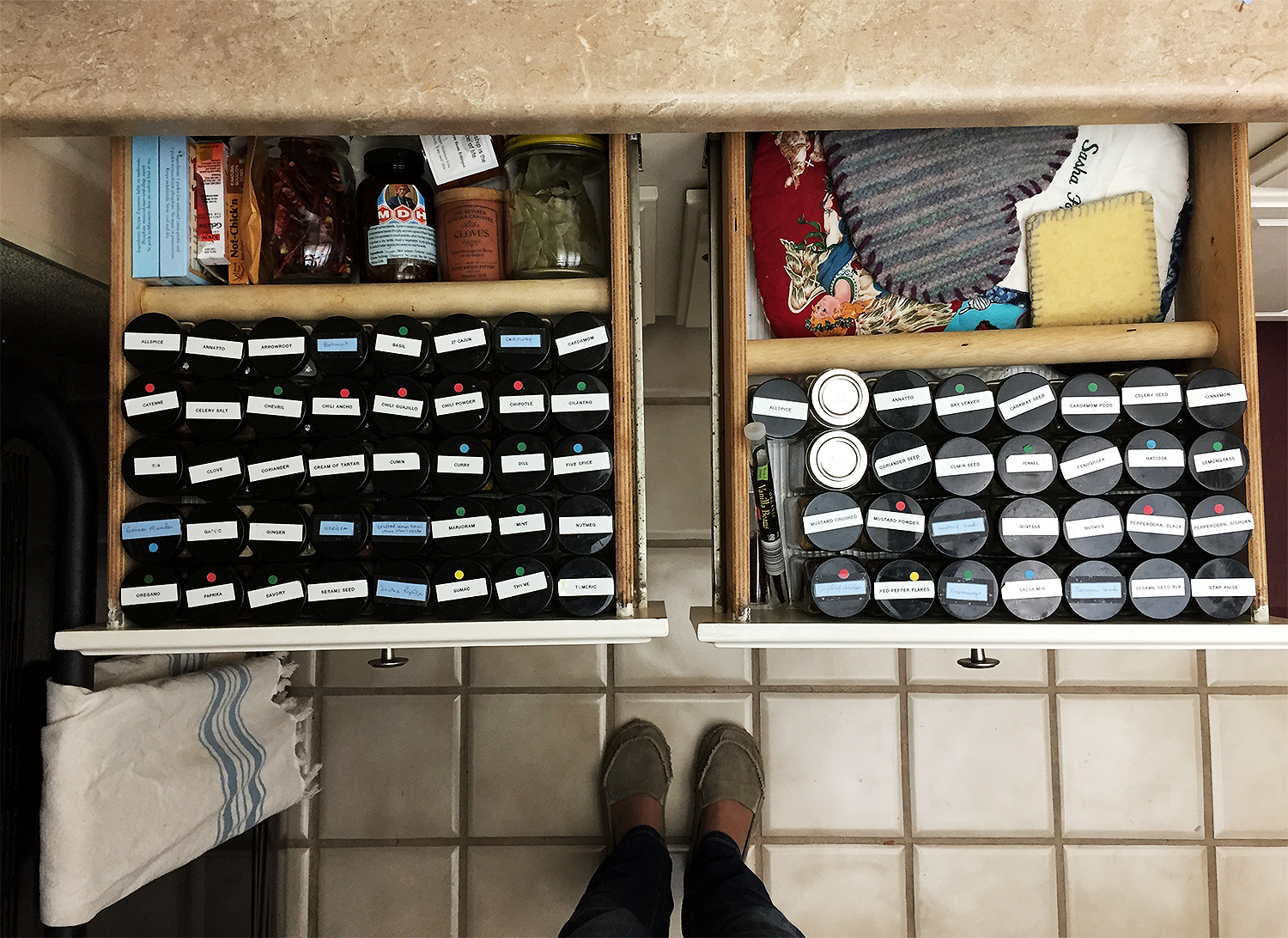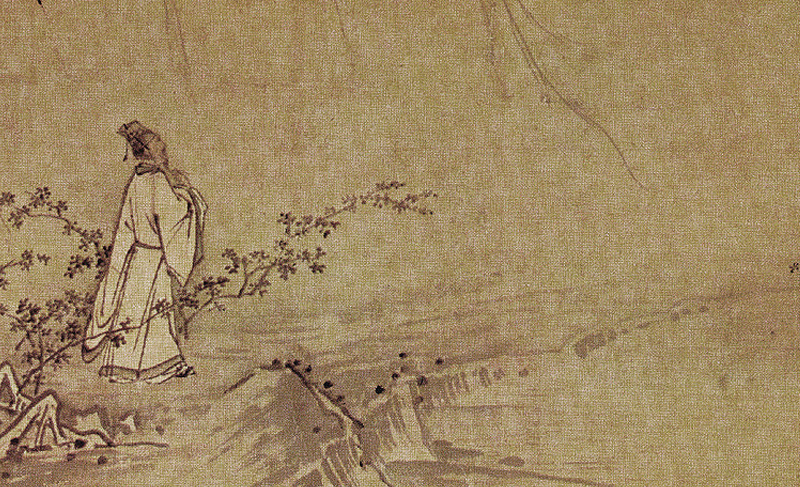What does it mean to eat in peace?
What we put on our tables tells a mighty important story. In my time so far as a Research Fellow at University of Tulsa, I’ve come to appreciate globalization of our food on an entirely new level. Everything is connected – seeds, weather, harvests, shipping, pricing, grocery store availability, history, cooking, healthy digestion. If there is turmoil in just one part of this system? Everything falls out of whack. Fluctuations in the price of bread have brought about revolt. Even Mr. Death, himself, reflects the importance of the system; he carries a scythe – tool of the harvest. He is the reaper. If we are ever to realize peace, it must be from field to stomach. Our food tells a story, heartbreaking at times. Embroidered in 1929 on the sack above: My great-grandmother Rose, mother of Ashley, gave her daughter this sack when she was sold at 9 in South Carolina. It held a tattered dress, three handfuls of pecans, a braid of Rose’s hair. Told her ‘It is filled with my love always.’ They never saw each other again. …
Read More

